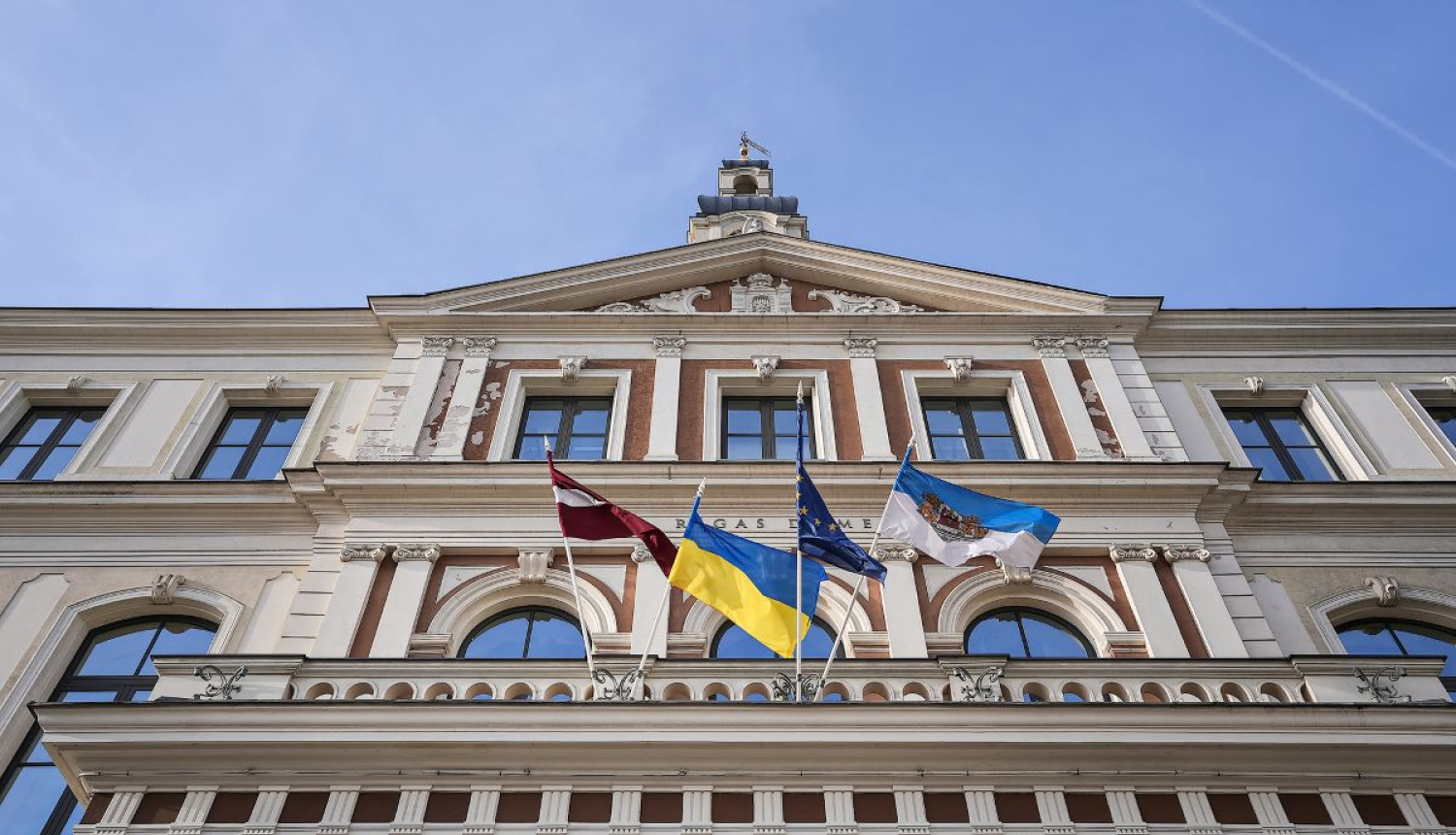SOCIAL SERVICES – WITH THE HISTORICALLY HIGHEST BUDGET INCREASE
Social services have seen the biggest budget increase in history, mainly in the form of pay rises for social workers and new services for the city’s most vulnerable citizens.

Social services have seen the biggest budget increase in history, mainly in the form of pay rises for social workers and new services for the city’s most vulnerable citizens.
Riga has set up Latvia’s main support centre for Ukrainian civilians. It is designed as the single and the first point of support for most Ukrainian war refugees arriving in Latvia. A total of more than 17,000 Ukrainians that have fled the war live in Riga. Riga has introduced a number of activities in support of Ukraine, with donations of ‘Rīgas satiksme’ buses and financial donations, and events in support of Ukraine.
Major transport infrastructure projects have been launched Under the new leadership, such as the eastern motorway and the Brasa bridge. Traffic calming measures have also been launched, introducing 30 km/h speed limit zones in the Klusais Centrs, Grīziņkalns, and Čiekurkalns neighbourhoods. Various repairs have been carried out in 197 sections of streets, and 32 km of cycling lanes and paths have been set up. A Cycling Infrastructure Division has been set up to develop a long-term vision for the field. The challenge for the future is to repair Riga's bridges, for which a government loan of €139 million has been obtained.
A number of projects have helped make Riga a greener, more pleasant, and more liveable city. Several parks in the city have seen renovations and improvements. A few places have also been made more liveable through the installation of various improvements, parklets, benches, and so-called ‘green oases’.
7 PARKS IMPROVED
One of the ways the public can get involved is through participatory budgeting. Riga implements the projects that receive the most support from the people of Riga. The municipal government also runs campaigns to promote this activity, which has led to more and more citizens voting in favour of participatory budgeting projects.
High-quality, modern cultural life is an integral component of a modern urban environment. Celebrations have been more frequent in the city centre and in the neighbourhoods, with a greater emphasis on decorating neighbourhoods during winter holidays. Partnerships with Latvian artists have been built for the development of the city’s visual appearance. For the first time, Riga hosted Positivus, Latvia’s biggest music festival, which also attracted an international audience.
Riga has launched a programme of renovation of municipal rental and social housing, helping reduce queues to receive housing. Active building insulation advice and incentive programmes have been put in place. The Riga Energy Agency has been relaunched, and is working to develop a strategy to meet the city’s climate targets.
Riga is investing heavily in renovating education institutions, with plans to continue building new pre-school facilities, and two new ones have been built so far. The city council is also reducing queues for receiving this service by increasing the co-financing of private pre-school facilities and babysitter services. The Ministry of Education and Science has been made to commit to eliminating the inequality in teacher salaries, which causes Riga receiving less national co-financing than other Latvian municipalities.
Common principles were created under the guidance of Riga’s municipal companies, setting strategic objectives, and making sure that their management boards are only appointed through fair and open competitions. Riga has successfully protected its interests, rectifying past failures that have cost the city’s people millions of euros.
The municipal government has undergone a number of reforms that have made it more efficient, reducing bureaucracy and improving the quality and availability of services in the city.